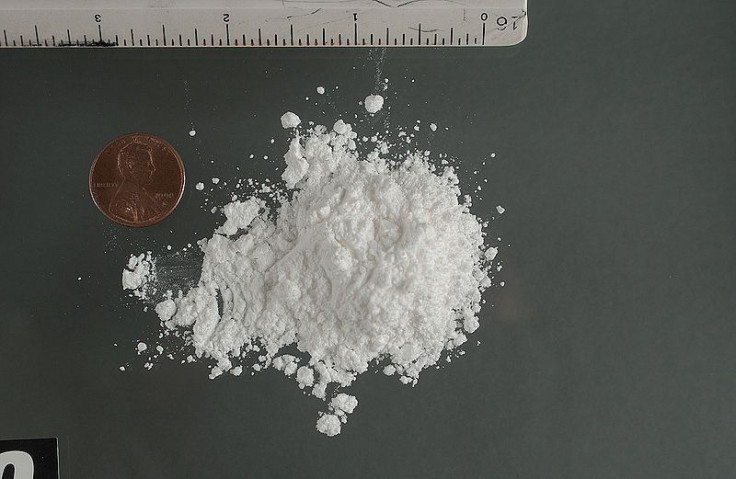Cocaine Users Are At Increased Risk For HIV Due To A Weakened Immune System

Cocaine use can expose a person to a variety of health concerns, including cardiovascular disease risk, high blood pressure, and addiction. According to recent study conducted by researchers from University of California Los Angeles, cocaine can also weaken the immune system, increasing the risk of being infected by the human immunodeficiency virus (HIV).
"The co-epidemics of elicit drug use and infectious disease are well documented, though typically this connection is thought to occur through lifestyle choices and increased exposure," said John Wherry, Ph.D., deputy editor of the Journal of Leukocyte Biology. "What often does not come to mind is that drugs such as cocaine may be helping to fuel infections in this high-risk population by altering the immune system.”
Read more: Global HIV Vaccine Shows Promise In Monkeys
Research in the past has shown that the tendencies of drug users can leave them at risk for HIV or other infectious diseases, such as hepatitis C. People who share needles or engage in risky sexual behavior due to intoxication clearly run the risk of developing an infection through blood-borne pathogens. “These new studies are an important advance documenting how cocaine use may increase a person's vulnerability to HIV and further highlighting the need for improved education for both HIV prevention and drug abstinence,” Wherry added.
A research team led by the study’s senior author, Dimitrios N. Vatakis, Ph.D., identified quiescent CD4 T-cells in the blood of healthy human donors. CD4 cells or T-cells are tasked with alerting the body’s immune system once a bacterium or virus is detected.
After the white blood cells were exposed to cocaine and infected with HIV, researchers compared the HIV life cycle to that of untreated cells. Not only did cocaine make CD4 cells more susceptible to the virus, but it also sped up their proliferation. "We ultimately hope that our studies will provide a better understanding of how drugs of abuse impact how our body defends itself against disease," explained Dr. Vatakis from UCLA AIDS Institute. "Such discovery can significantly improve the quality of life of drug users."
In 2010, the Centers for Disease Control and Prevention (CDC) estimated around 47,500 new HIV cases in the United States. Of those new cases, 3,900 (eight percent) were attributed to injection drug users. For more information on the HIV/AIDS epidemic, visit the CDC’s website.
Read more: AIDS Virus In Cats Could Lead To HIV Vaccine For Humans
Source: Kim S, Jung J, Dixit D, Rovner R, Baldwin G, Vatakis D. Cocaine exposure enhances permissiveness of quiescent T cells to HIV infection. Journal of Leukocyte Biology. 2013.



























